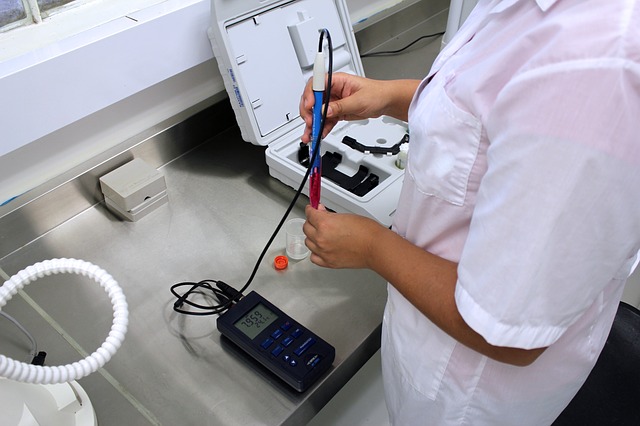Plan for a Career in Experimental Psych
A Career in Experimental Psychology--Importance of Planning
If your career path involves a Master's or PhD in Experimental Psychology, there are a number of things you can do to help move forward with your career plans. Le's talk about some “steps” you can take to a career as an Experimental Psychologist. Keep in mind that taking these steps is a sooner versus later issue, and includes things you should be able to accomplish while in college.
1. It is important to take certain classes
You should take Psychology courses related to your specific area of interest. For example, if you are interested in psychology and law, take a Forensic Psychology class. Also, consider taking some courses outside of Psychology that a graduate admissions committees will find impressive like courses in math and the natural sciences.

2. Excellent grades are a must
It is critical that you do well in your courses, and I mean really well. For better or worse graduate admissions committees will look over your grades in great detail--your overall GPA, Psychology GPA, minor (if you have one) GPA, last two years in college GPA, and year-to-year GPA. In addition, consider repeating a course if you did not get an A or B, especially if it was a Psychology course. Check out my blog post on repeating courses.
3. It is important to get involved in research
However you do it (as a volunteer or as part of Independent study course), get involved in research. Your research participation can lead to credit hours, increasing your GPA if iyour research participation is graded, getting your name on a conference presentation/ journal publication, and a strong letter of recommendation from your faculty mentor.
4. Join Psychology organizations
Show your commitment to Psychology by becoming a member of Psi Chi (the National Honor Society In Psychology) or any Psychology club on campus.
5. Talk to Ffaculty

Talk to your Professors whenever you can. You can do this by making contributions in class , talking to your Professors before or after class, or going to office hours. All of these interactions can lead to working in a Professor’s research lab, hearing about job opening in the Psychology department, and receiving letters of recommendations for graduate school. With regard to letters, remember that a faculty member can really only write you a strong letter if they know you..
6. Understand the Graduate Record Exam (GRE).
The GRE is extremely important to getting accepted to graduate school. The GRE is the standardized exam that almost everyone who applies to graduate school must take--it is the “graduate SAT or ACT”. Because the GRE is a standardized exam, each graduate school admissions committee can compare your score in an equal fashion against all other applicants. Read more about the GRE in other posts in Tips & Advice on https://scoutiescareersinpsychology.org/
Please note that the comments of Dr. Golding, Dr. Lippert and the others who post on this blog express their own opinion and not that of the University of Kentucky.
Want More?
Visit our website to learn more about possible careers for psychology majors or those interested in jobs that involve psychology.
Learn how to succeed in college with Professor Golding’s blog.
Check out Dr. Lippert’s website to learn about her work as a cognitive psychologist.